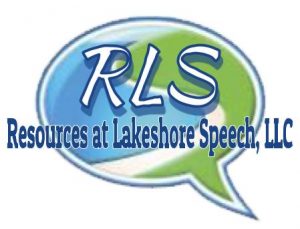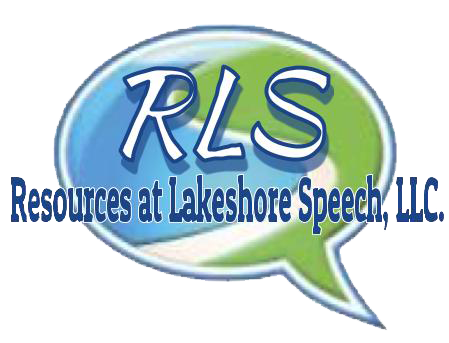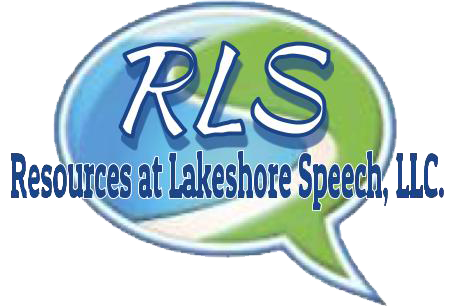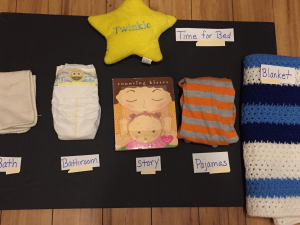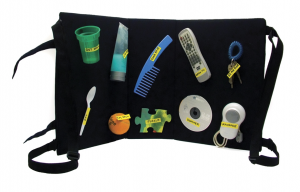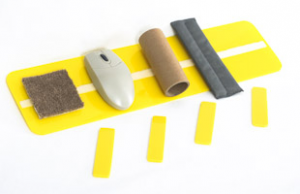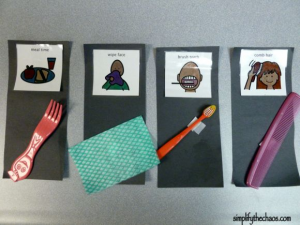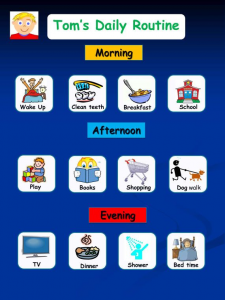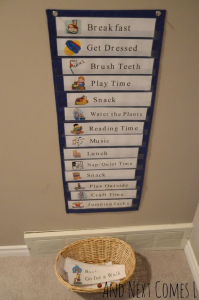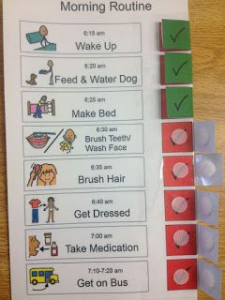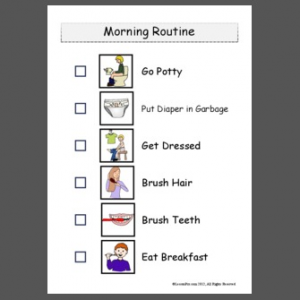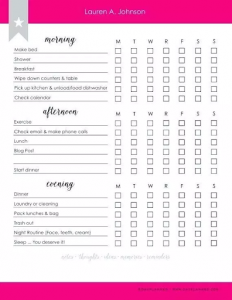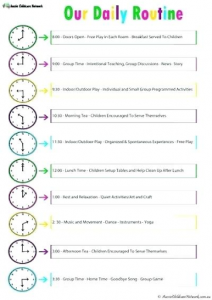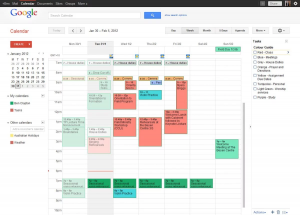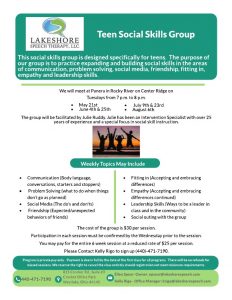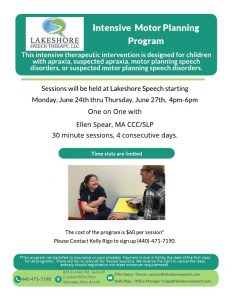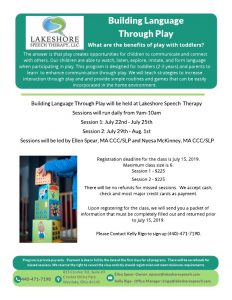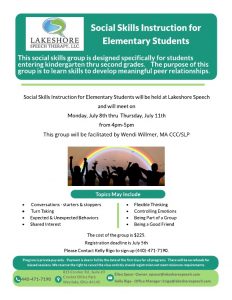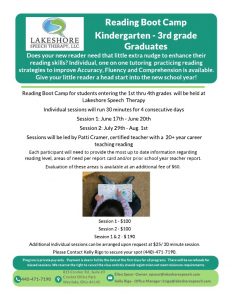
School’s OUT …….Summer’s HERE……and within two seconds, the kids are bored! Nothing says Summer like the sweets sounds of “There’s nothing to do” and “I’m bored” seeming on loop from most children’s mouths. AND if they are not outright saying it, you know they are thinking it by the glazed look in their eyes when they are offered a suggestion of how to fill the ‘endless’ hours of a day.
Believe it or not, most children crave schedules and structure. Seems completely against all that the lazy days of Summer imply, but on the whole, children (and most adults) are more productive and have fewer meltdowns when a schedule is in place. I have no empirical data to offer on the previous statement, just years of experience at home, in school and in the clinic watching the change in those around when even the simplest schedule is laid out.
Toddlers to Teens to Twenties and older benefit from knowing what’s happening, what is expected and how long it will last. This is not to say every minute of every day of every activity needs to be spelled out, but here are 2 techniques that might be worth a try in mapping out the days of Summer.
The Verbal Set-up: Simple, easy and always with you. This schedule techniques is used by millions, yet has never been given the credence it deserves. At breakfast (no tv on, no digital devices, just their little eyes focused on Y.O.U), lay out how the day is going to roll. Chunk the day up because that’s a lot to think about and chances are you will not have had all the necessary cups of coffee yet for maximum functioning ability!
“Good morning, here’s our morning: We are going to finish breakfast. Then change – don’t forget to brush your teeth. We have 2 places we need to go to – the store and the library. First we’re headed to the library – this will be a SHORT visit. We need to run in and get the books I have on hold. We will not be going to the children’s section, THIS TIME. I will need someone to help carry my library card going in and someone to carry the books – volunteers? Then we are headed to the grocery store. I will have a list of what we need. This isn’t a LONG visit, we should be able to get what we need and get out quickly. I will need help finding some of the stuff and I know I can count on you all. After the grocery store, we are coming right home. We will all put the groceries away. Once the groceries are put away you can go outside (or play or whatever they can do at that time).
Pictures Speak Louder than Words: A little more involved, but might be just what is needed. You know the type of pictures your child tunes into most (photos, your artistic renderings, clipart, etc.). Spend some time gathering these pictures (ie: get the old 35mm camera out use your phone and take pictures of your car, the stores/locations you visit most), print and laminate (easiests cheapest lamination is clear contact paper or packing tape). Start the same way as the ‘Verbal Set-up’, in a calm undistracted situation (typically when eating 😉) and lay out the schedule, again chunking it.
“Good morning, here’s our morning: We are going to finish breakfast. [photo of empty plate (can stand for finishing any meal)] Then change – don’t forget to brush your teeth. [photo of closet or draw with clothes (can stand for change clothes anytime)] We have 2 places we need to go to – the store and the library. [photo of car and specific buildings]. First we’re headed to the library – this will be a SHORT visit. We need to run in and get the books I have on hold. We will not be going to the children’s section, THIS TIME. I will need someone to help carry my library card going in and someone to carry the books – volunteers? Then we are headed to the grocery store. I will have a list of what we need. This isn’t a LONG visit, we should be able to get what we need and get out quick. I will need help finding some of the stuff and I know I can count on you all. After the grocery store, we are coming right home. [photo of home] We will all put the groceries away. Once the groceries are put away you can go outside (or play or whatever they can do at that time). [photo of playroom/outside, etc.].
If you would like more information or need help in getting started using these techniques, ask your Speech Therapist. If you don’t have one to ask, give Kelly a call at Lakeshore Speech (1-440-471-7190).
Yours in Speech,
Lakeshore Speech Therapy
